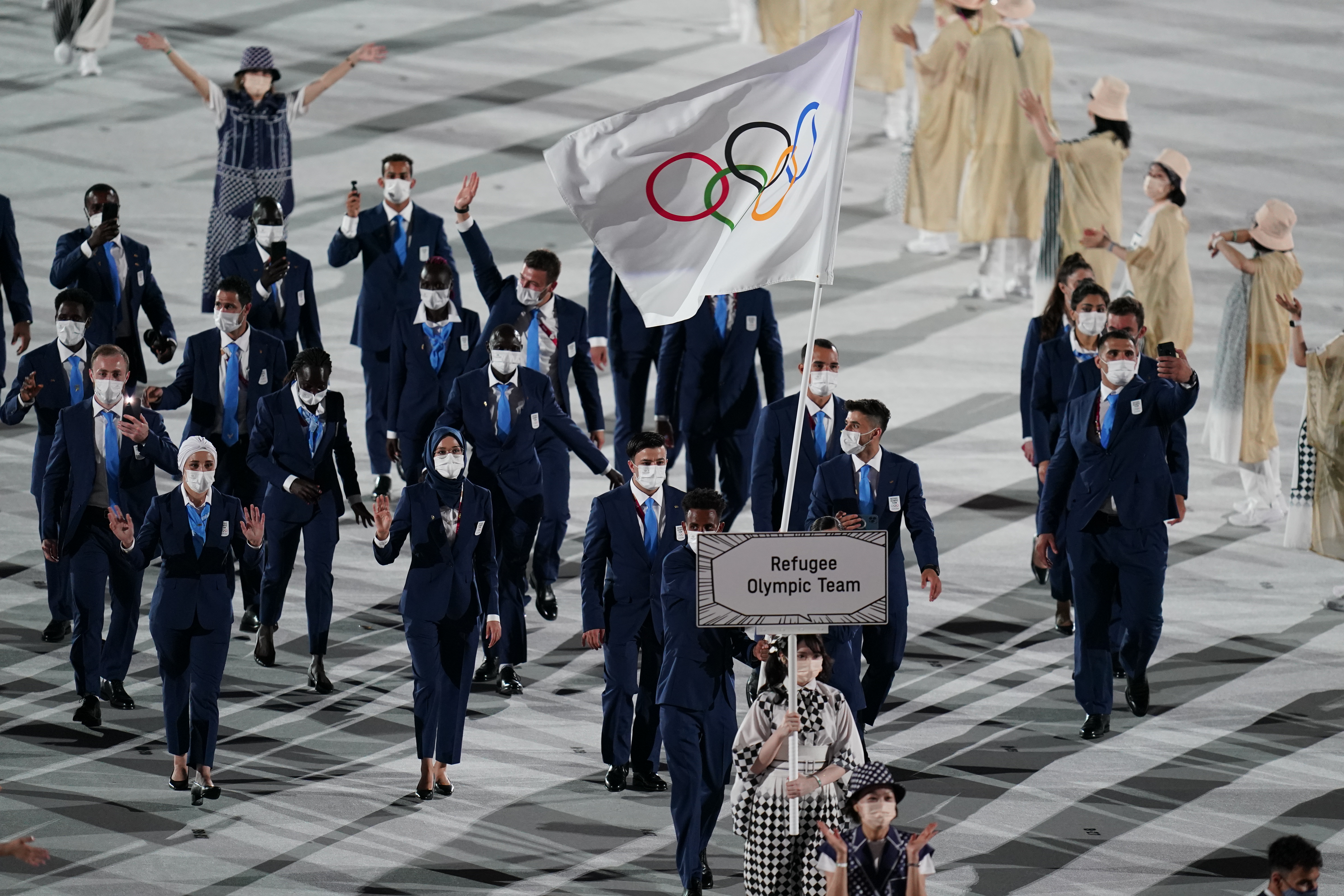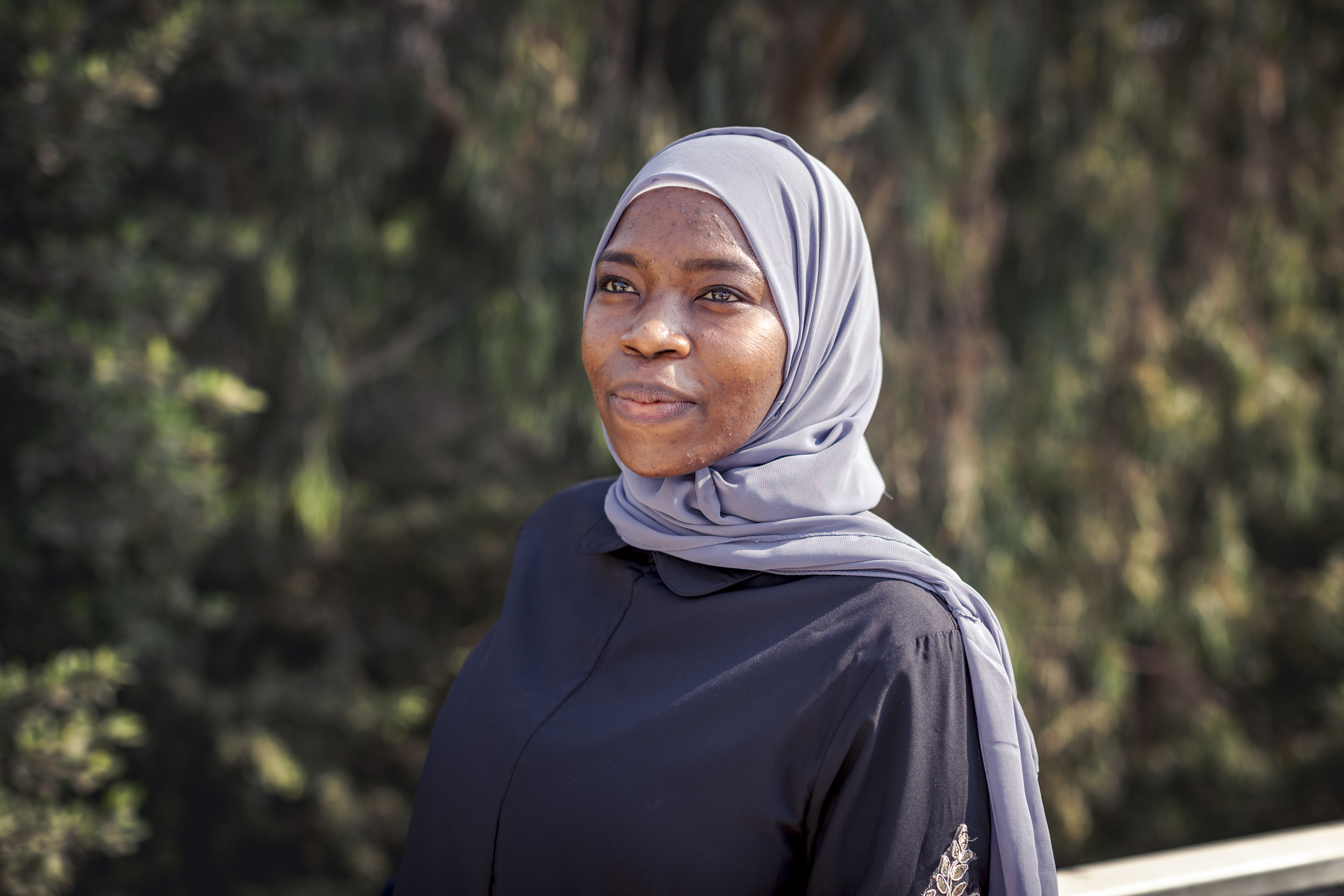UNHCR makes dream of education come true for Myanmar refugee boy
UNHCR makes dream of education come true for Myanmar refugee boy

MAE LA REFUGEE CAMP, Thailand, June 22 (UNHCR) - Born without the use of his legs, 15-year-old Tway Tway has always had a passion for education.
"I can't use my physical energy," the refugee boy explains. "The only thing I can use is my brain."
In the Karen state of his native Myanmar, he was only able to complete one year of schooling. So when the teenager came to this refugee camp in northern Thailand two years ago and discovered that he could attend school with other children, "I was already happy on the first day," he says.
His mother and sister walked three days through the jungles of eastern Myanmar, taking turns carrying Tway Tway on their backs in a sling to get here after his village was attacked, his house burned, and his father killed.
"When he came to the camp he asked to go to school and he started going to class immediately," his older sister, Tin Tin Nwey, confirms.
Thanks to a UNHCR-funded programme implemented by Handicap International, disabled children like Tway Tway are able to study in regular camp classrooms with other refugee children. He's in Grade Two, studying his native Karen language, Burmese, English, maths, geography, social studies and health.
I can't use my physical energy. The only thing I can use is my
brain.Tway Tway
Handicap International has provided him a wheelchair, but on the hilly dirt trails of this camp - particularly now in the rainy season when they turn to mud - it is not always useful. When asked how he gets around the camp, Tway Tway just shrugs and replies with a grin: "Feet, hands and bottom." Friends also pitch in and carry him on their back.
"When he's in the class, he's the same as all the other students," says Naw Moe Moe Khing, the young principal of his school, who taught him last year. "He acts good, but when the teacher is outside the class, he teases his friends. He's just a normal child."
His older sister says studies hard, often going to friends' houses to cram in extra homework, but says he sometimes gets frustrated by his physical limitations. "He can cook for himself, but he can't cook for others because he can't carry big pots," she says.
Tway Tway says he's getting an opportunity in the refugee camp he would never have had if he had stayed in Myanmar, formerly known as Burma, and only laments that his family can't afford enough candles for him to study longer at night. The bamboo huts in the refugee camp do not have electricity.
Although his principal confesses he's only an average student, he dreams of some day passing knowledge on to others in another country if his family can leave Thailand through UNHCR's successful third-country resettlement programme. "I would like to become a teacher," Tway Tway says. "I don't have any plan which country it would be, but for sure not Burma."
By Kitty McKinsey in Mae La Camp, Thailand








